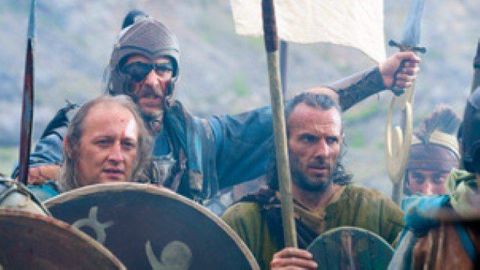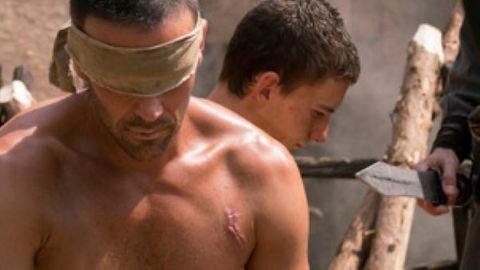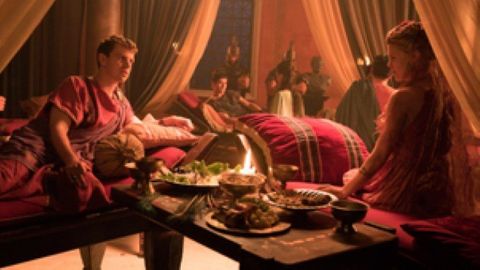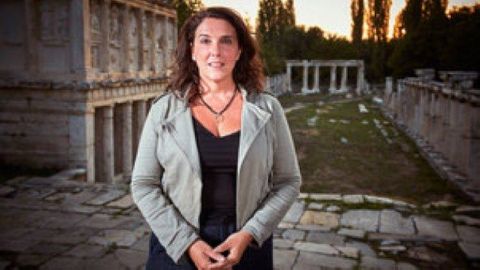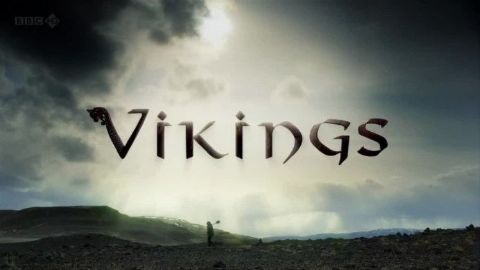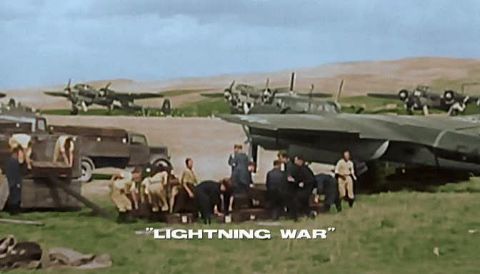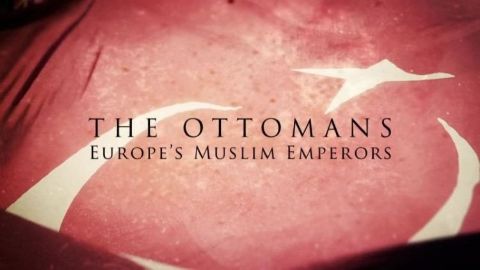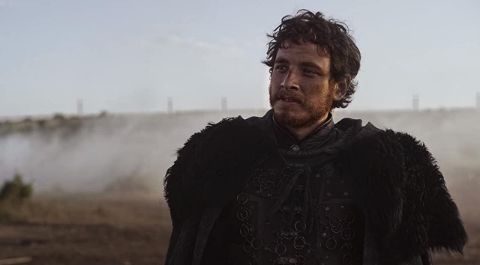Theatre of Death • 2017 • episode "S1E7" • Eight Days That Made Rome
Bettany Hughes explores the day in 80AD when the Colosseum opened its gates for the first time. For new emperor Titus, the spectacular games and events were an opportunity to win over the people and secure his place on the imperial throne, but why did the Romans - cultured and civilised in so many ways - enjoy witnessing such brutality and bloodletting? Bettany travels across the Roman world in a bid to find answers.
Make a donation
Buy a brother a hot coffee? Or a cold beer?
Hope you're finding these documentaries fascinating and eye-opening. It's just me, working hard behind the scenes to bring you this enriching content.
Running and maintaining a website like this takes time and resources. That's why I'm reaching out to you. If you appreciate what I do and would like to support my efforts, would you consider "buying me a coffee"?
Donation addresses
BTC: bc1q8ldskxh4x9qnddhcrgcun8rtvddeldm2a07r2v
ETH: 0x5CCAAA1afc5c5D814129d99277dDb5A979672116
With your donation through , you can show your appreciation and help me keep this project going. Every contribution, no matter how small, makes a significant impact. It goes directly towards covering server costs.
